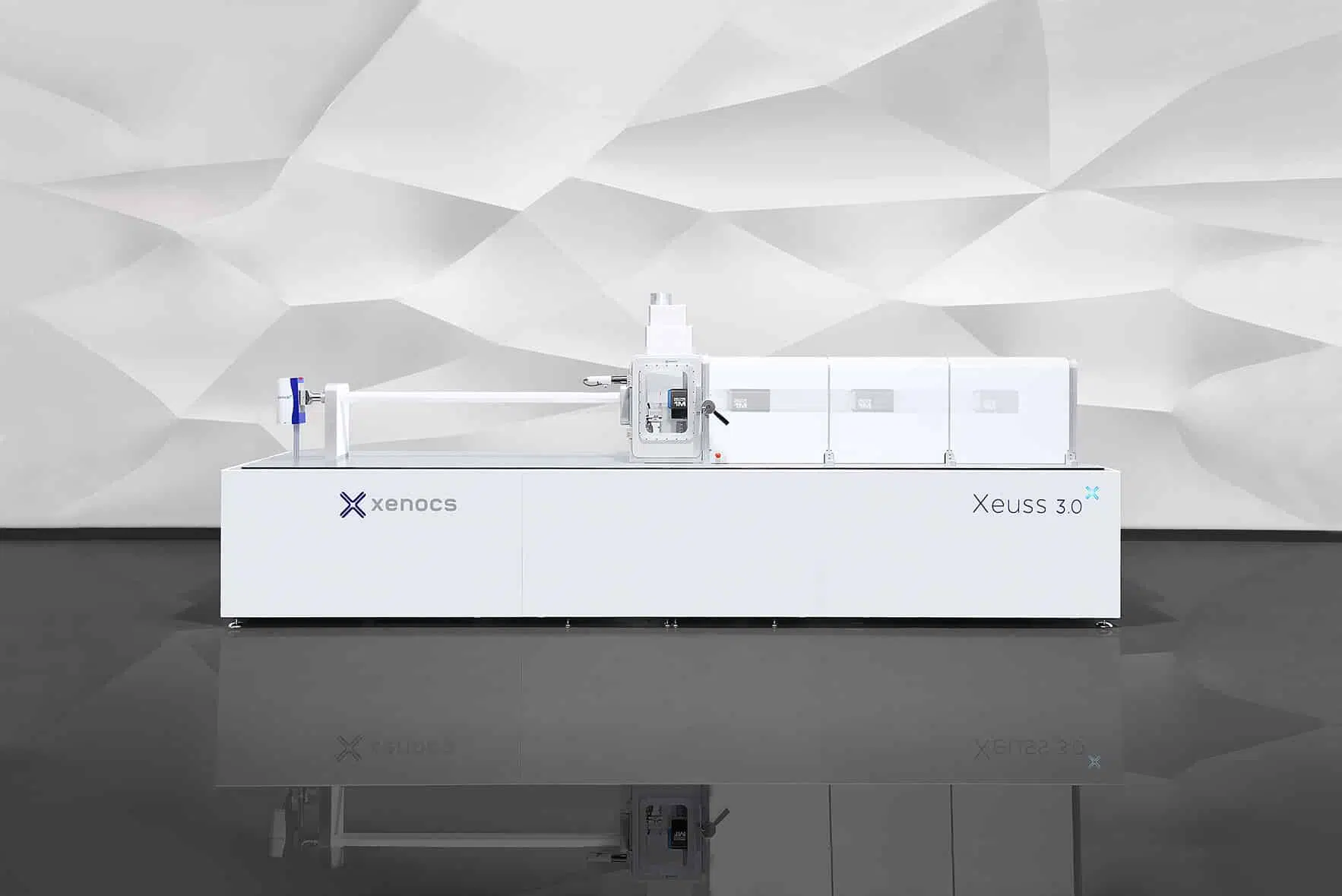Chemistry of Materials, 2019, vol 31, 22, pp. 9288-9294
DOI:10.1021/acs.chemmater.9b02463
Abstract
Nanofluids have attracted much attention due to their various applications in energy storage, water desalination, and ionic circuits. However, the practical applications of the existing ionic conductors are limited due to their poor mechanical strength and stability in water. Here, inspired by nature, we develop a mechanically robust and water-stable ionic cable directly derived from the umbrella of a jellyfish bio-hydrogel. By a wet-drawing and wet-twisting densification process, the jellyfish cable has an excellent mechanical robustness with a high tensile stress of 149 MPa when dry and 32.6 MPa when wet. The jellyfish-derived ionic cable also exhibits a positive surface charge with a zeta potential of +34.3 mV, which endows the cable with high ionic conductivity especially at low salt concentrations. The densified ionic cable shows 1 order of magnitude higher ionic conductivity than that of untreated jellyfish hydrogel and bulk solution in potassium chloride (KCl) solutions at low salt concentrations (<104 M). In addition, the outstanding structural stability of the jellyfish cable ensures the ionic conduit remains fully functional even after soaking in water for 20 days, indicating its excellent water stability. These advantageous features position the jellyfish-derived ionic cable as a highly desirable biobased material for nanofluidic devices and membrane separation applications.

































